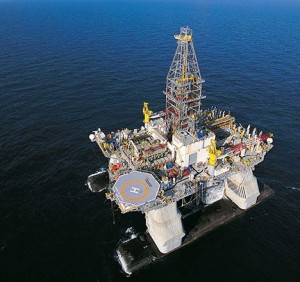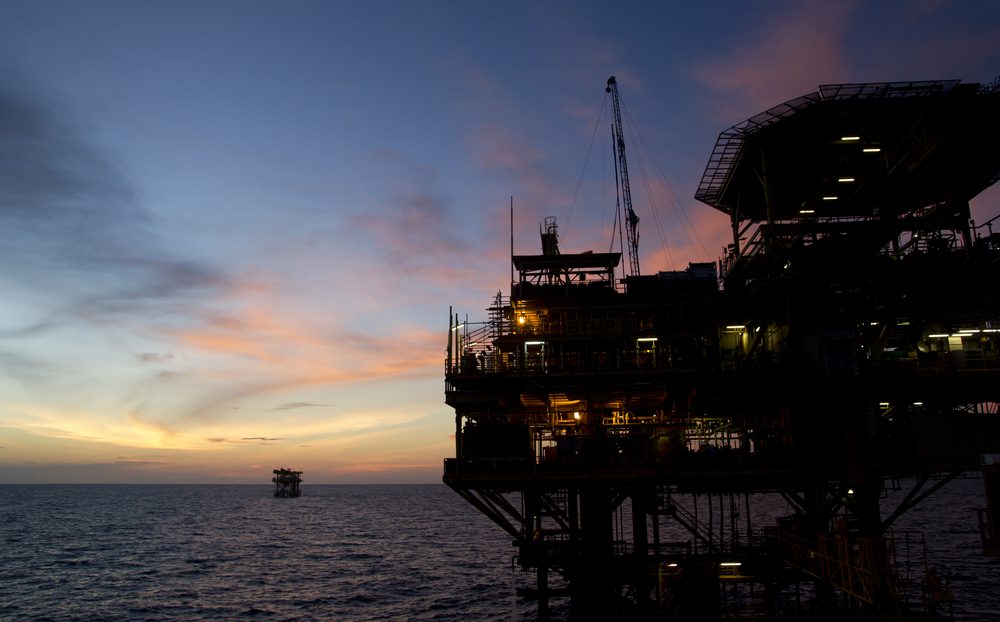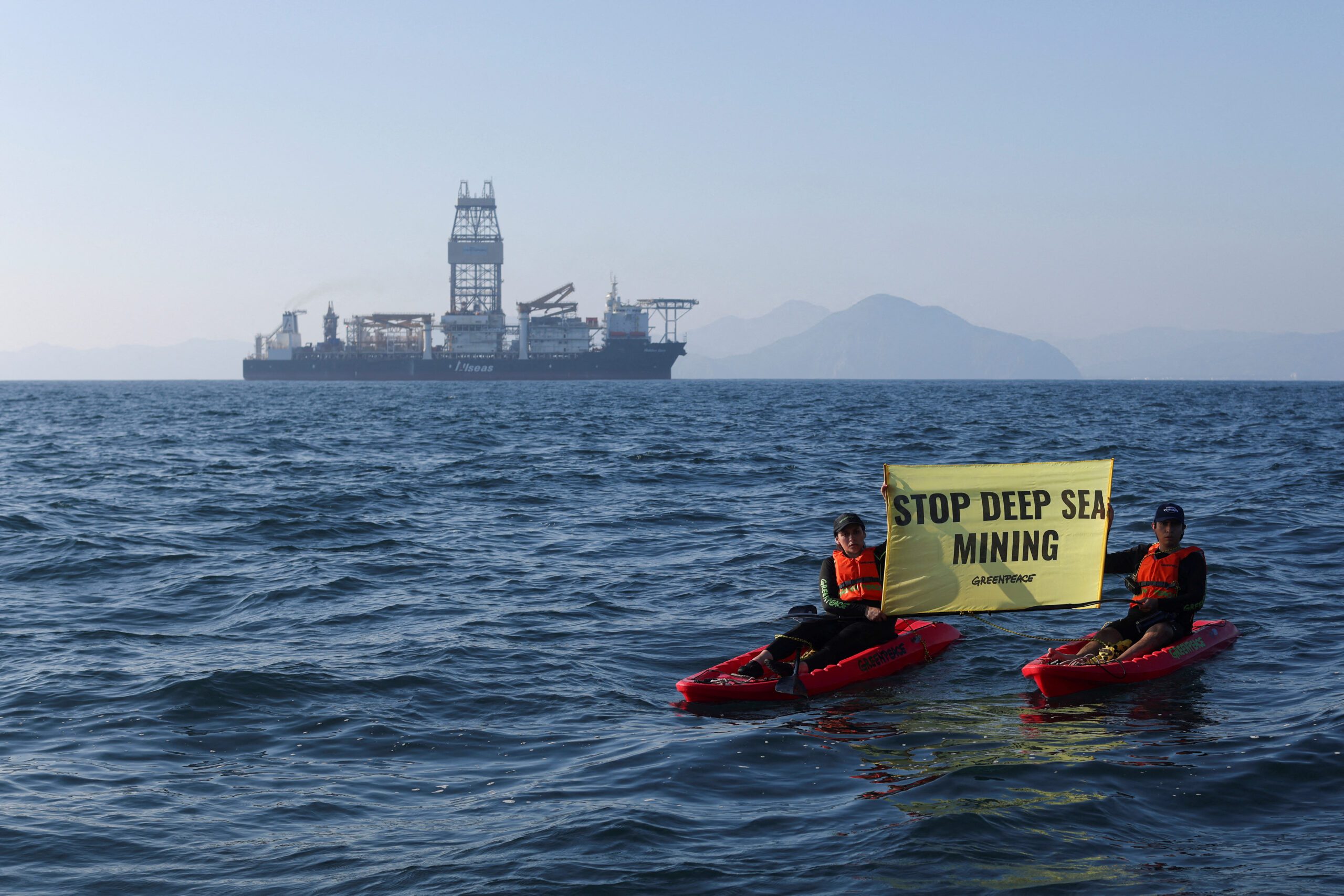
The Republic of the Marshall Islands (RMI) Maritime Administrator has today released the DEEPWATER HORIZON Marine Casualty Investigation Report (RMI Report).
In accordance with national and international requirements, the RMI Report has been provided to the Secretary General of the International Maritime Organization (IMO). The Maritime Administrator has also provided a copy of the RMI Report to the United States Coast Guard (USCG) and the Bureau of Ocean Energy Management, Regulation and Enforcement (BOEMRE). The RMI Report may be downloaded in its entirety via this link.
EXECUTIVE SUMMARY
On 20 April 2010 the Mobile Offshore Drilling Unit (MODU) DEEPWATER HORIZON (hereinafter, the “DEEPWATER HORIZON” or the “Unit”) was completing drilling operations at the Macondo well, Mississippi Canyon Block 252 OCS-G 32306 #1, oil exploration project in the Gulf of Mexico on the United States (US) Outer Continental Shelf (OCS) in preparation to temporarily abandon the well. During these operations, there was a loss of well control that resulted in a release of liquid and gaseous hydrocarbons, which culminated in explosions, fire, the loss of 11 lives, the eventual sinking and total loss of the DEEPWATER HORIZON, and the continuous release of hydrocarbons into the Gulf of Mexico. The flow was stopped on 15 July 2010 and the well declared sealed on 19 September 2010.
Pursuant to section 710 of the Republic of the Marshall Islands Maritime Act 1990, as amended (hereinafter, the “Maritime Act”), the United Nations Convention on the Law of the Sea, 1983 (UNCLOS), the International Convention for the Safety of Life at Sea, 1974, as amended (SOLAS), and the Code of the International Standards and Recommended Practices for a Safety Investigation into A Marine Casualty or Marine Incident (hereinafter, the “Casualty Investigation Code”), the Republic of the Marshall Islands Maritime Administrator (hereinafter, the “Administrator”) has conducted an independent flag State marine casualty investigation of the DEEPWATER HORIZON casualty. In conducting the investigation, the Administrator drew upon documents submitted to the US Department of the Interior and the US Department of Homeland Security Joint Investigation (hereinafter, the “Joint Investigation”) team, testimony before the Joint Investigation team, its own investigators’ findings, and, where necessary, outside experts. To assist in its understanding and analysis of engineering and technical aspects, the Administrator retained drilling, engineering, and fire science consultants whose reports, entitled Casualty Investigation of MODU DEEPWATER HORIZON: Fire Origin Investigation (hereinafter, the “Fire Origin Report”) and Report of the Loss of Well Control and Assessment of Contributing Factors for the Macondo Well Mississippi Canyon Block 252 OCS-G 32306 #1 Well (hereinafter, the “Well Control Report”), have been drawn upon in determining relevant details and conclusions regarding the casualty.2 This casualty investigation report contains findings of fact, conclusions, and recommendations, focusing on the marine operations of the Unit, which are the purview of the flag State. Although not regulated by the flag State, the industrial operations of the Unit are discussed, in so far as they are necessary to provide a complete picture of the casualty or where they may have impacted the overall safety of the Unit.
Pursuant to this investigation, the primary causal factor conclusions, non-causal factor conclusions, and recommendations are:
CAUSAL FACTOR CONCLUSIONS
Although the Administrator does not have oversight responsibility for drilling operations on the US OCS, based on its assessment of the evidence in the investigative record and the attached Well Control Report, the Administrator concludes that the proximate cause of the casualty was a loss of well control resulting from:
- deviation from standards of well control engineering;
- deviation from the well abandonment plans submitted to and approved by the Minerals Management Service (MMS); and
- failure to react to multiple indications that a well control event was in progress.
The above factors contributed to the substantial release of liquid and gaseous hydrocarbons, which culminated in explosions, fire, the loss of 11 lives, the eventual sinking and total loss of the DEEPWATER HORIZON, and the release of hydrocarbons into the Gulf of Mexico.
NON-CAUSAL FACTOR CONCLUSIONS
- Better communication and coordination between the flag State and the coastal State regarding inspections and surveys could help to ensure that both the flag and coastal States are aware of conditions or requirements that could affect the safety of MODUs and their personnel.
- The Unit withstood the forces of the explosions and resulting fire, providing a sufficiently stable and protected platform to facilitate the evacuation of 115 of the 126 persons on board.
- The electrical power failed at the time of the first explosion or immediately thereafter. The failure of the primary power source added to the confusion during evacuation and complicated evacuation of the Unit.
- The total loss of electrical power compromised the functioning of the fire suppression systems; however, any attempts at suppression would have been futile given the intensity and magnitude of the fire and the uncontrolled fuel supply. It is unlikely that any ship borne system would have been effective at extinguishing the fire onboard the DEEPWATER HORIZON.
- The Emergency Disconnect System (EDS) did not function as intended and the MODU was unable to disconnect. Without any ability to stop or reduce the flow of hydrocarbons, and without power for vital systems, the crew was forced to evacuate the Unit.
- There were instances of confusion regarding decision making authority during the casualty. While such instances highlight the fact that the integration of drilling and marine operations presents challenges for maintaining a clear command hierarchy, especially in emergency situations, there is no indication that any confusion as to the chain of command was a causal factor in the casualty.
- Ideally, the evacuation of a vessel occurs in phases. However, the speed at which the casualty progressed provided limited time for reaction, control, mitigation efforts, and response. That 115 individuals were able to safely evacuate the vessel is due in part to the robustness of the underlying regulatory system, including requirements for redundancy of life saving equipment, routine fire and emergency drills, and safety orientations for all visitors to the Unit.
- The proximity of the DAMON B. BANKSTON and the timely and effective response of its crew substantially contributed to the evacuation of the DEEPWATER HORIZON.
RECOMMENDATIONS FOR IMPROVEMENT
- It is recommended that a communication system be developed between the relevant flag and coastal State regulatory bodies to address issues regarding units operating within the coastal State’s jurisdiction.
- While provisions of the International Maritime Organization (IMO) Code for the Construction and Equipment of Mobile Offshore Drilling Units (hereinafter, the “MODU Code”), 1989 contributed to the safety and evacuation of the crew, specific provisions of the 2009 MODU Code should be reviewed in light of the casualty.
- It is recommended that all unit operators ensure that the initial orientation for new crew members, contracted personnel, and visitors includes a discussion of the respective roles and leadership responsibilities of the Master and the Offshore Installation Manager, including how those roles change based on unit operations and emergency conditions.
- While not regulated by the Administrator, it is recommended that the operators and regulators review and amend, as appropriate, emergency procedures for activating the EDS and maintaining the Blowout Preventer (BOP).
Additional findings, conclusions, and recommendations are contained in the body of the report.

 Join The Club
Join The Club



![Marshall Islands Releases DEEPWATER HORIZON Marine Casualty Report [EXECUTIVE SUMMARY]](https://gcaptain.com/wp-content/uploads/2011/08/DeepwaterHorizonDrillingRigpTransOcean2.jpg)








